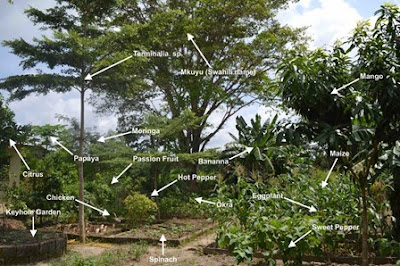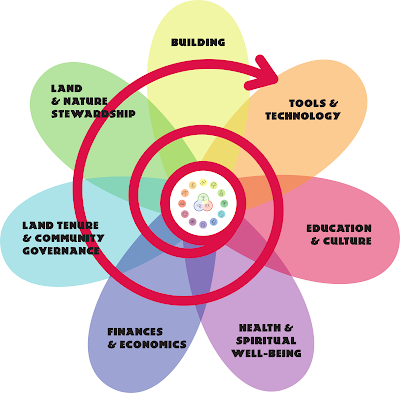ADRESS AND DOCUMENTS

Dear farmers We herewith will inform you, that we settled down in KISUMU MILIMANI near Lake Victoria, here is the best weather for Permaculture Farming and rain at most evenings. ATLAS DEVELOPMENT S.A.R.L Ronald Hauck CEO (Don Ronaldo) WhatsApp +254 769 396 680 KENYA KISUMU MILIMANI Better Living Church access Road. VQV4-2HX don.ronaldo@gmx.de ronald.fairec@gmail.com Consultant for business and organic farming. We also started in October the fIrst project NIGHTINGALE PERMACULTURE GARDEN MILIMANI I am registered in Morocco and worked for Ministery of Agriculture to prepair the cost and planning for 30 new farms to get the subsidy for irrigation wells and plants. Now i am in Kenya and will register my company here.


